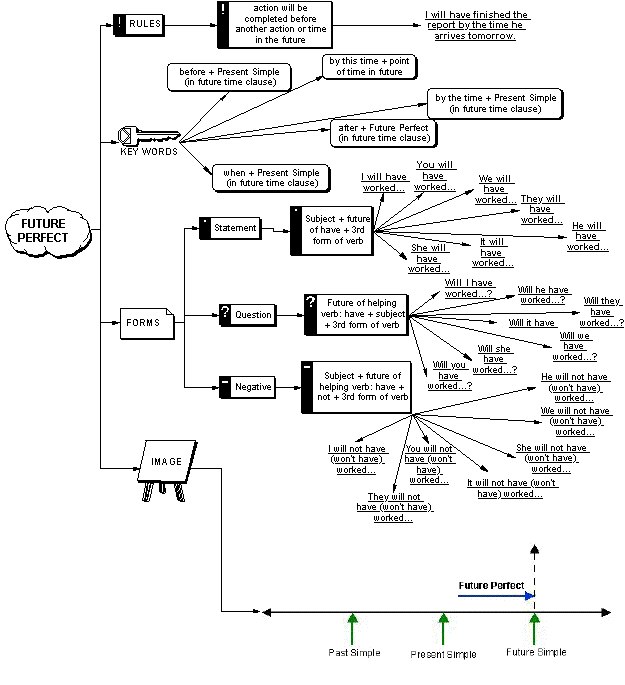As a new student at the university , many students adopt the new system of studying and new life at University easily and other in some case drop out of school.
| University Day, 1911 (Photo credit: jjorogen) |
And today , you will learn of 4 essential guidelines which will Facilitate your first days at university:
1. Attendance.
Attend your sessions routinely and benefit as much as you can from the lessons transported to you by your teachers.
2. Books
During university life Make books your best friends , buy them on rent. When it is too expensive, you could borrow it from a friend and get its text photocopied. :)
3. Saying ‘No’
Learn Never say ‘Yes’ when the situation demands you to say ‘No’.Sometimes you need not join your friends in all their activities. be Wise
4- And finally learn how Manage your finances wisely
Think 100 times before you spend a pinny , Your college days could really become the halcyon days of your youth if you spend them wisely.












